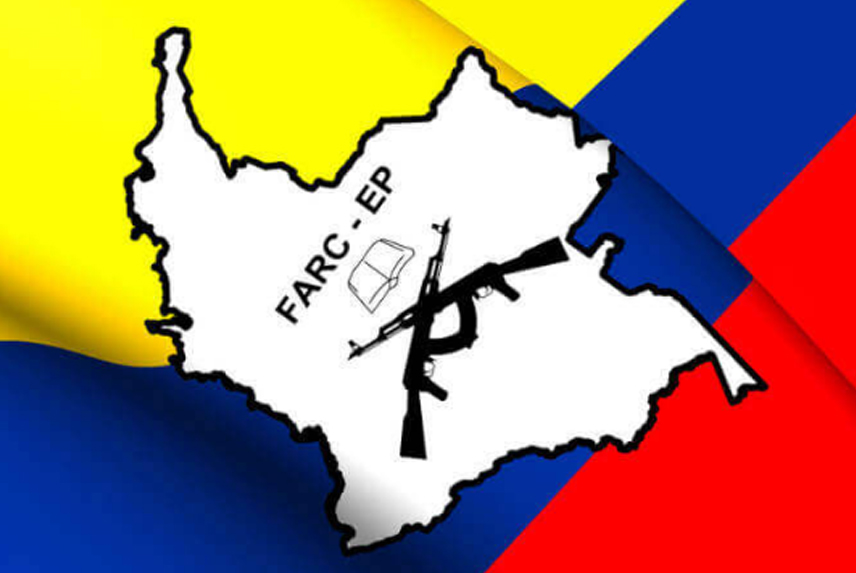
Posted On : Dec 15 2020
Revolutionary Armed Forces of Colombia (FARC)
The Revolutionary Armed Forces of Colombia (FARC), known in Spanish as Fuerzas Armadas Revolucionarias de Colombia, is a Marxist-Leninist guerrilla group that emerged in 1964 with the aim of overthrowing the Colombian government and establishing a communist state.

FARC's origins can be traced to rural and marginalized areas of Colombia, where peasants and leftist activists sought to address socioeconomic disparities and rural neglect. The group emerged as a response to perceived government repression and inequality, and it adopted a communist ideology as the foundation of its struggle. For decades, FARC was one of the most prominent and long-lasting insurgent groups in Latin America.
FARC launched a violent armed struggle against the Colombian government in the mid-1960s. Their tactics included guerrilla warfare, bombings, kidnappings, and extortion. Over the years, FARC expanded its control over remote territories and funded its activities through illegal activities like drug trafficking.
FARC's armed campaign led to widespread human rights abuses, including the recruitment of child soldiers, assassinations, bombings of civilian targets, and the displacement of communities. These actions drew international condemnation and had a devastating impact on Colombian society.
In the early 2000s, the Colombian government, led by President Álvaro Uribe, launched an aggressive military campaign against FARC, significantly weakening the group. This paved the way for peace negotiations, which began in earnest in 2012 under President Juan Manuel Santos.
The peace process culminated in the signing of a historic peace agreement in 2016. Under the agreement, FARC agreed to disarm, transform into a political party, and participate in the democratic process. The group's leaders transitioned from guerrilla fighters to politicians.
FARC's decades-long insurgency had profound effects on Colombia. The conflict resulted in over 200,000 deaths, numerous human rights violations, and the displacement of millions of people. The group's involvement in the drug trade further fueled violence and instability in the region.
The peace agreement marked a significant milestone in Colombia's history, offering hope for reconciliation, justice, and a more stable future. However, the implementation of the agreement has faced challenges, including opposition from some sectors of Colombian society and the rearming of a small faction of former FARC fighters.
While the majority of FARC's members demobilized and the group transitioned into a political party known as the Common Alternative Revolutionary Force, or Fuerza Alternativa Revolucionaria del Común, challenges remain. The reintegration of former fighters into society, addressing the root causes of the conflict, and ensuring justice for victims are ongoing processes.
The Revolutionary Armed Forces of Colombia (FARC) has played a central role in Colombia's history, engaging in a protracted armed struggle for over five decades. Its impact on the country has been profound, resulting in immense human suffering and social upheaval. The peace process, though challenging, represents an opportunity for reconciliation and a more stable future for Colombia. The transition from armed conflict to politics is a complex and evolving process that continues to shape the nation's trajectory.
No Comments Added




















